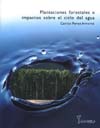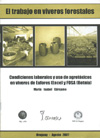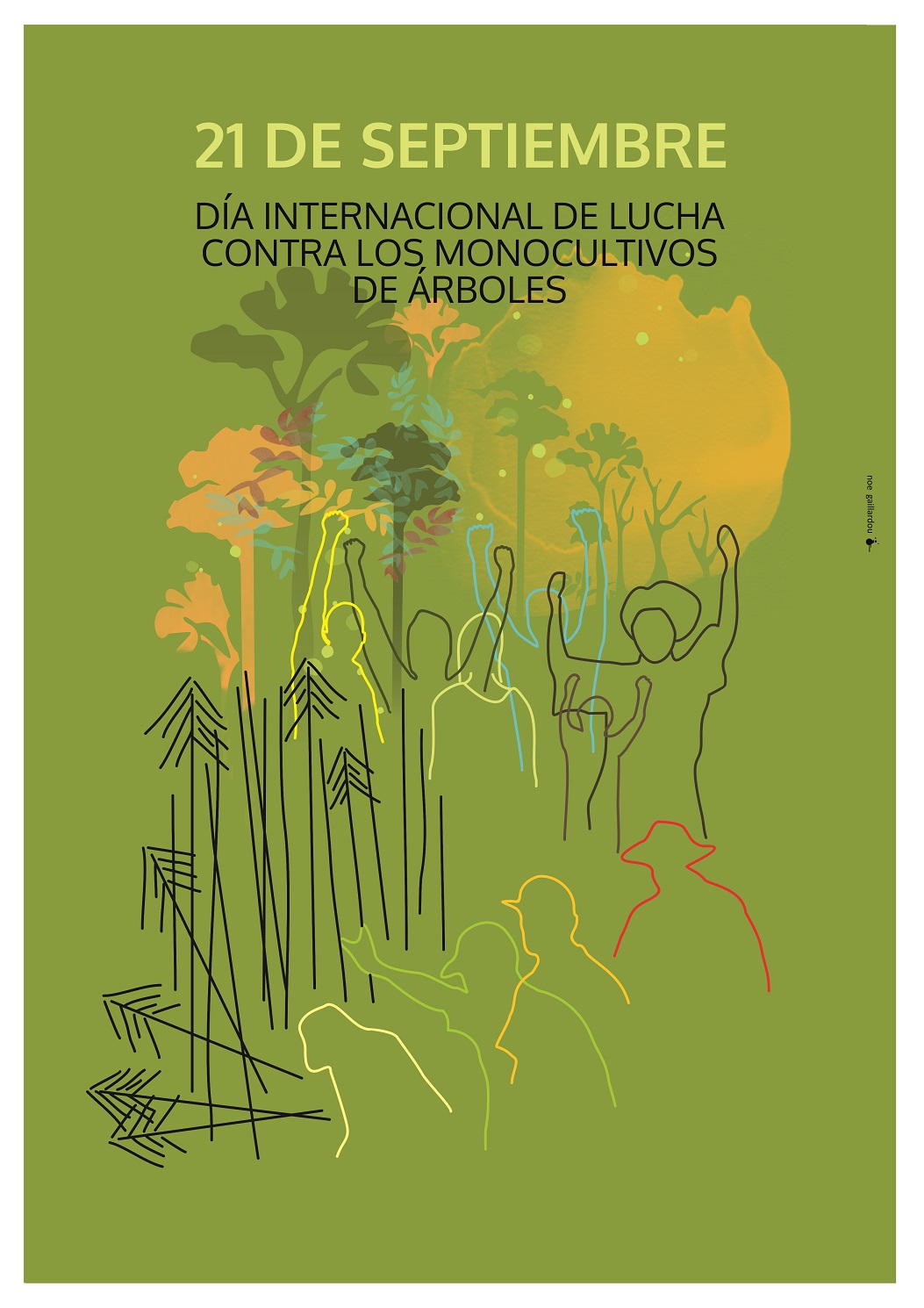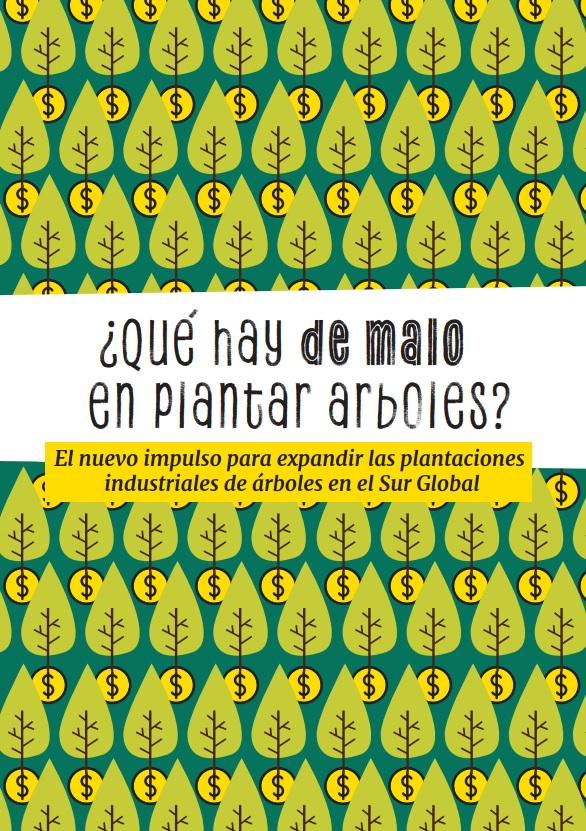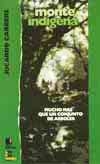Montevideo, June 28, 2019. Representatives of Uruguayan social organizations gathered in the “National Coordination of Social Organizations Against UPM”, delivered a letter to the Honorary Consul of Finland in Uruguay where they expressed their total opposition to the project of installing a second pulp mill of the UPM company. “This project agreed upon between UPM and the Uruguay’s executive branch – in an arbitrary and unconstitutional manner – constitutes a serious attack on the sovereignty, the environment, and human rights in the country”, denounced the organizations.
Montevideo, June 28, 2019Mr.
Honorary Consul of Finland in Uruguay Mr. Andrew Allen Cooper Gibson
Mr. Honorary Consul,
The social organizations signing this letter wish to let you and your government know, through this statement, our total opposition to the project and the installation of a second cellulose pulp manufacturing plant of the UPM company in our country.
This project agreed upon between UPM and the Uruguay’s executive branch – in an arbitrary and unconstitutional manner – constitutes a serious attack on the sovereignty, the environment, and human rights in the country.
We hope you will convey this call to the Finnish government. Numerous sectors of our society, after finding out about the terms of this “agreement”, the characteristics of this megaproject (forestry-industrial-rail-port), and its implications for our communities and land, are protesting against the terms of this entire agreement.
If this were to become a reality, the UPM megaproject would produce more than 2 million tons of cellulose from a plant installed on the banks of the Black River (Rio Negro), and this together with a railroad and a port terminal in the city of Montevideo will cause serious damage to our society, to our environment, and to our economy.
The negative social impacts include: the expulsion of family farmers from the land, the loss of jobs in agriculture, the destruction of livestock and beekeeping due to the increase in monoculture tree plantations, as well as effects on local tourism, particularly artisanal fishingand the fishing industry due to the increased water pollution.
Other negative impacts include an increase in housing rents in the places where the plant islocated, the absence of adequate social services to meet the increase in population, and the increase in sexual exploitation and violence, especially towards girls and women.
The UPM train will transport, along more than 270 kilometers of track through cities and densely populated urban areas, including the capital, Montevideo, cellulose and hazardous chemical products. This constant transportation will have high negative impacts and risks forlocal inhabitants, as well as loss of labor sources in the local businesses.
The environmental impacts are of great importance because the efluents from the new plant, especially phosphorus, will worsen the contamination of Rio Negro exponentially, in a country that already suffers serious problems due to the deterioration of water quality. These concerns were realized with contamination incidents from the first cellulose plant.
The UPM project will also cause serious damage to the economy as the Uruguayan state will pay the infrastructure costs, estimated at more than 4000 million US dollars, while UPM will not invest more than 2400 million dollars along with an exemption from the vast majority of taxes when operating in a newly designated free zone.
Finally, the project includes an unacceptable intervention of UPM in the labor legislation andin the education programs of the country, undermining fundamental principles such as secularism; add to this that controversies or disagreements between the Uruguayan State and UPM will be transferred to international jurisdictions, leaving Uruguayan recourse for events in Uruguay decided outside Uruguayan jurisdiction.
The claim of the UPM company to interfere in our legislation exceeds all limits. In the “ROU-UPM agreement”, which we reiterate is unconstitutional and illegitimate, it is established, at the request of UPM, that Uruguay must: “… Incorporate into Uruguayan Positive Law – in theform of a law, decree or collective agreement – the norms resulting from the agreements that are reached as a result of this negotiation “.
We will demand accountability from the executive branch of our country and we hope that you will transmit our opposition from a growing part of the citizenry to your government.
As inhabitants of this territory, we consider ourselves seriously affected in our legitimate rights and interests and we will appeal to all possible instances so that UPM2 is not carried out. For this reason, we make this call to the Finnish government and the UPM company to cease and desist from this megaproject.
Sincerely,
Coordinación Nacional de Organizaciones Sociales Contra UPM
FUCVAM
Comisión Nacional en Defensa del Agua y de la Vida
Asamblea por el Agua del río Santa Lucia
No al tren de UPM
Coordinación contra Monsanto y el Agronegocio
MOVUS
No UPM Sarandí-Florida
Red Uruguaya de Comunidades
Colectivo Recreo
Our Voice
Asamblea Pachamama
ADES (Comisión en defensa del ambiente)
Comisión Laguna del Cisne
Maldonado por la Tierra y el Agua
Confederación de Pueblos Costeros
Colectivo Ecofeminista Dafnias
Movimiento por la Tierra
Por la Defensa del Solís Chico y sus afluentes
ALAS Piriapolis
Todos por el Agua (Maldonado)
Comisión por un Canelones Libre de Soja Transgénica y en defensa del Agua
Asociación de Trabajadores Civiles de los Diques del Estado | ATCDE
Por el Costado de la Vía
Frente de Participación Estudiantil Susana Pintos
CEIPA
Celta FEUU
Revista la bicicleta
Reactiva
Coordinación contra UPM y el modelo forestal
La Kandela FM
Plenario intersindical social María Romana – La Paloma Rocha
Frente de Lucha Ambiental Delia Villalba
Grupo Guayubira
Colectivo Ñangapiré de San Gregorio de Polanco
Mesa Nacional de Colonos
Asociación de Guardaparques del Uruguay
COENDU
Organización HUM de Maldonado
Mujeres en Alerta Ciudad de la Costa
CONACHA




